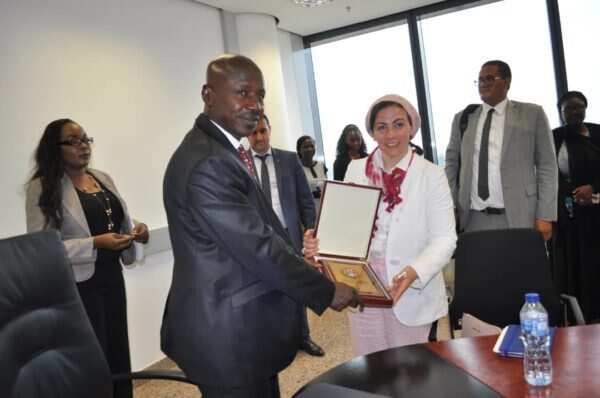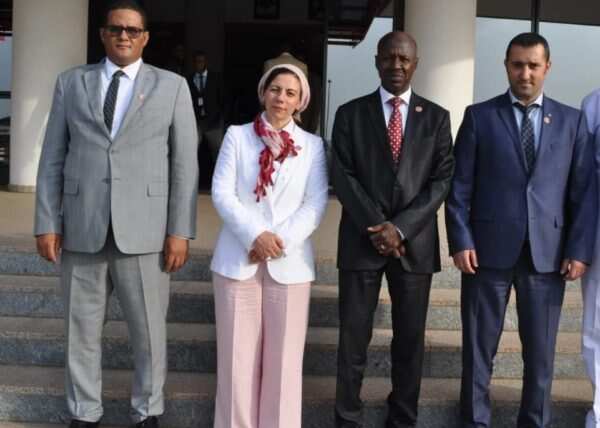- Interpol has provided the EFCC with an application that will help detect and interdict stolen and illicit funds by criminals
- The application will be managed by the ICT department of the anti-graft agency
- The United States is funding the project in four African countries, Nigeria, Niger, Mali and Libya
The Economic and Financial Crimes Commission (EFCC) has received an application that would enhance intelligence sharing in the tracking of organised crime including money laundering and terrorism-financing.
EFCC acting spokesman, Tony Orilade, who made this known in a statement in Abuja on Tuesday, April 30, said that the application was donated by the International Criminal Police Organisation (Interpol), NAN reports.
Orilade said that the application comprised a database to be supervised by the National Central Bureau (NCB), which was an interface between Interpol and national law enforcement agencies of countries through a i24/7 Gemini Project global communications system.
READ ALSO: Details of how Saudi Arabia freed Zainabu Aliyu emerge
“Within the commission, the application will be managed by its Information and Communications Technology department," he said.

EFCC boss Ibrahim Magu receiving the application from Interpol’s Project Officer Noha Amer. Photo credit: Vanguard
Source: UGC
He said that Noha Amer, Interpol’s project officer, who led the delegation of the global police to the commission, disclosed that the United States was funding the project in four African countries.
They are Nigeria, Niger, Mali and Libya in a move that aims to detect and interdict stolen and illicit funds by organised criminals, mainly in the area of terrorism-financing, as it happened in Libya.
He said Amer explained that the project would see to the training of the commission’s operatives on programmes that included Interpol policing capabilities and standard operations.
READ ALSO: NAIJ.com upgrades to Legit.ng: a letter from our Editor-in-Chief Bayo Olupohunda
“The training will commence after the installation of the NCB database,” Orilade said.

L-R: Eleyatt an ACP with Interpol, Noha Amer, Interpol’s Project Officer, EFCC boss, Magu and Cristopher Makobyau, one of the INTERPOL officials. Photo Credit: Vanguard
Source: UGC
Legit.ng had reported earlier that the secretary general of Interpol, Jurgen Stock, recently paid a courtesy visit to the EFCC office. During the visit, Stock commended the zeal and efforts of the anti-graft agency in cleaning Nigeria of all forms of economic and financial crimes.
According to stock, there was need for partnership between international police and the anti-graft agency.
The EFCC stage a walk against corruption | Legit TV
Source: Legit.ng
from Legit.ng: Latest Nigeria News Today & Breaking Naija News 24/7 http://bit.ly/2LeVKgS
via EDUPEDIA24/7
Comments
Post a Comment